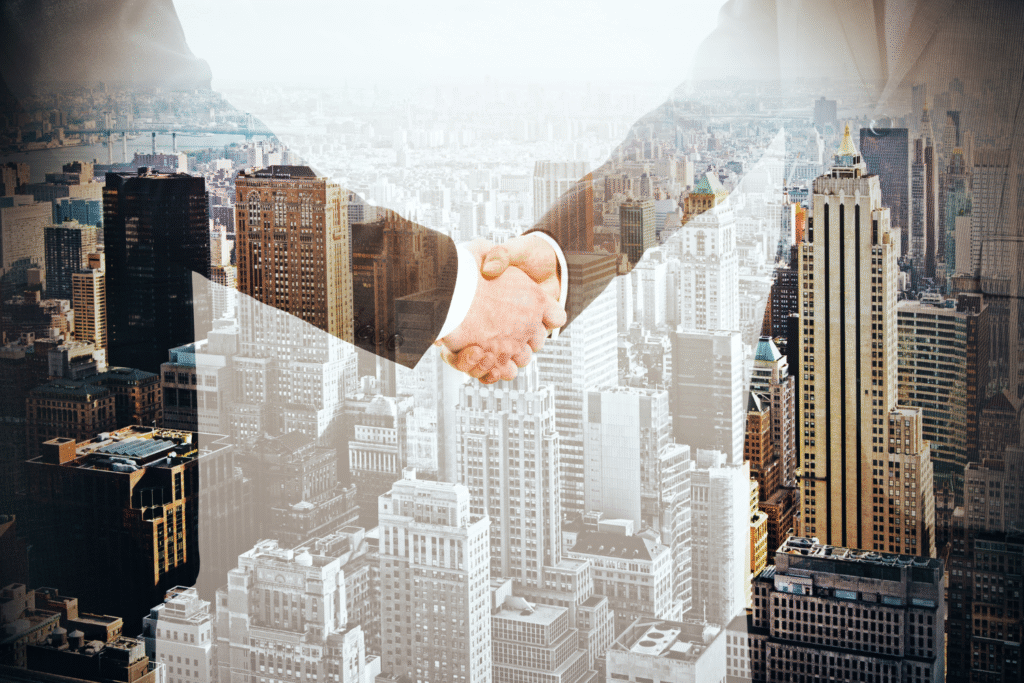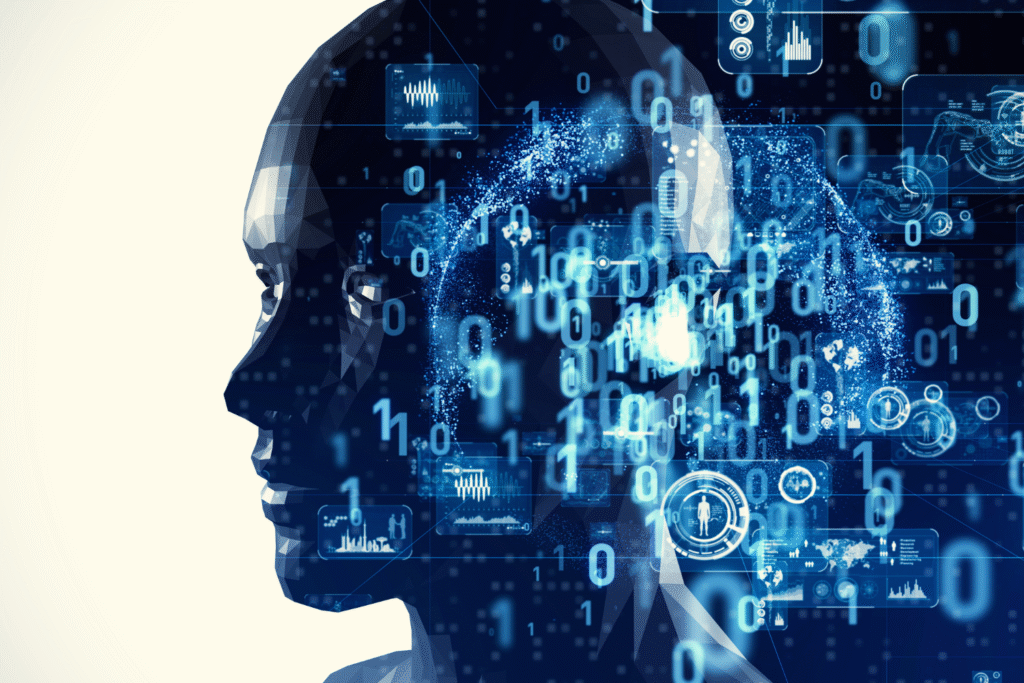The next decade may decide the fate of work.

A warning from DeepSeek has reignited global concern about how artificial intelligence could reshape the job market. Chen Deli, a senior researcher at the firm, predicted that millions of roles could disappear within a decade if companies fail to act now. His message wasn’t just about automation, it was about accountability. He emphasized that the tech giants driving this wave of innovation must also take the lead in protecting the workforce, retraining employees, and rebuilding trust. What follows are twelve key insights from the study and its aftermath, revealing both the risks and the path toward a more human-centered future.
1. AI systems could replace large parts of human labor.

According to DeepSeek’s findings, automation could overtake vast portions of human work within ten years. Chen Deli emphasized that while AI improves productivity, it also threatens entire job categories once thought safe from automation. Reported by Business Insider, the concern lies not in replacing repetitive tasks alone but in white-collar professions like marketing, accounting, and software support. The shift is happening faster than labor systems can adapt, making the next few years critical. Preparing now will decide whether technology becomes a tool for progress, or a catalyst for mass displacement.
2. Tech firms must act as guardians of human jobs.

DeepSeek’s, Chen Deli, urged global tech leaders to step up as protectors of human employment, not just innovators. The message called on companies to rethink their purpose, designing technology that empowers workers instead of replacing them, as stated by Business Insider. The industry’s top players hold the resources and influence to slow or redirect automation’s pace. Without corporate guardianship, the divide between human and machine output could grow into a global labor crisis, reshaping economies and straining social systems for decades.
3. Reskilling and retraining workers is now a business priority.

The warning from DeepSeek wasn’t just about risk, it was also a roadmap. Investing in worker education and retraining must begin immediately, according to Moneycontrol. Companies that teach employees to collaborate with AI rather than compete against it can secure both innovation and stability. This means providing practical upskilling programs, from data literacy to prompt engineering. Workers who understand how to use AI can remain relevant even as automation expands. The businesses that prepare their people today will be the ones thriving tomorrow.
4. Business models need to evolve for new realities.

As automation spreads, companies must rethink how they generate value when fewer humans are in traditional roles. Subscription models, digital service ecosystems, and human-AI hybrid systems may replace outdated labor-intensive operations. Adapting business structures now ensures sustainability in a world where technology handles more of the workload. Firms that fail to evolve may find their markets collapsing faster than they can adjust.
5. Governments and tech firms must collaborate on protection plans.

Public policy can’t afford to trail behind machine learning anymore. Governments and the private sector must cooperate to design systems that safeguard workers, including safety nets, universal reskilling programs, and fair regulations. Without coordination, automation’s rewards will pool in the hands of a few, widening economic gaps. Collaborative planning between lawmakers and AI developers could balance innovation with protection for millions of families.
6. Ethical frameworks must come before mass automation expands.

Ethics can’t be an afterthought in AI development. As automation grows, companies must create oversight models that prioritize human welfare, prevent bias, and keep transparency at the core of machine decisions. Without a guiding moral compass, progress could quickly turn exploitative. Embedding ethics into design helps ensure that technology remains aligned with humanity’s broader good.
7. Monitoring job displacement must become a standard metric.

Companies often track AI success in speed or accuracy, but few measure the human cost. That must change. Tracking data about job displacement, retraining outcomes, and mental health effects will allow companies to adjust policies responsibly. Treating workforce impact as a key performance indicator ensures that the benefits of technology don’t come at the expense of people’s livelihoods.
8. New careers will grow as automation expands.

The story isn’t all bleak. For every repetitive task AI replaces, new careers will emerge in engineering, auditing, data labeling, creative collaboration, and AI ethics. The challenge is preparing people to transition smoothly into these jobs. Firms that invest in foresight and training can lead this new employment frontier while maintaining human creativity and purpose.
9. Human diversity must remain central in an automated world.

Automation should not erase individuality. Companies need to protect workforce diversity by ensuring that AI doesn’t amplify inequality. This means hiring inclusively for AI-related roles, listening to underrepresented voices, and designing systems that serve everyone equally. Diversity isn’t a checkbox—it’s the foundation for fair, balanced technology.
10. Global supply chains will reshape under automation pressure.

AI will affect more than offices and servers—it will ripple through manufacturing, logistics, and agriculture worldwide. Companies should map how automation alters these systems, predicting where human expertise is still needed. Failing to plan globally could trigger economic instability in developing regions that depend on outsourced work. A smarter transition benefits everyone.
11. Firms must prioritize human-machine collaboration over replacement.

The most forward-thinking companies are shifting away from using AI to replace people. Instead, they’re designing workflows where humans and machines share intelligence. When AI handles data, humans can focus on strategy, empathy, and creativity—the things machines can’t replicate. This approach preserves jobs while amplifying productivity. The best future for work is not human versus AI, but human with AI.
12. Transparency and trust will define the next tech era.

Change without communication breeds fear. Companies need to talk openly about how AI will affect jobs, what plans are in place for transition, and how workers can participate in shaping the process. Trust is the foundation for adaptation. When employees know the truth, they can prepare, learn, and grow instead of resisting change. In the end, the most responsible tech firms will be remembered not for the machines they built—but for how they protected the humans who built them.
